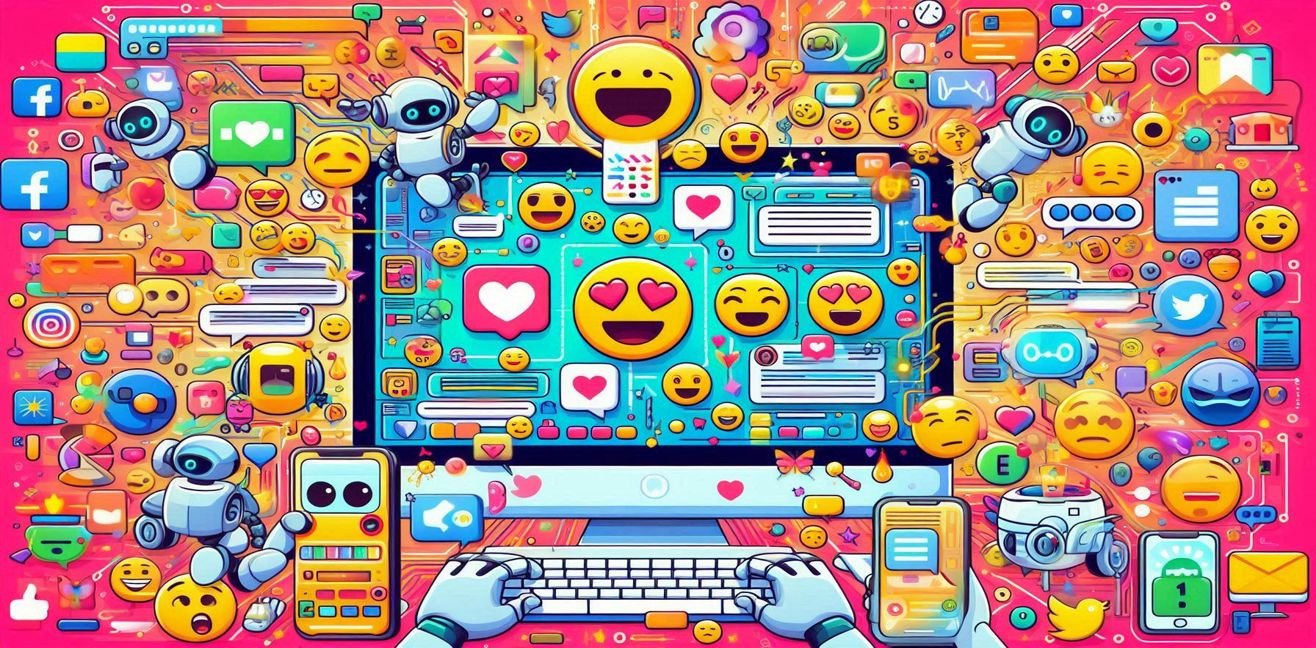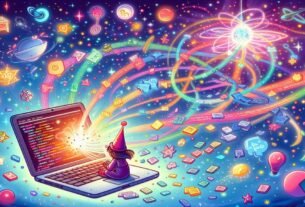Imagine you’re sending a message: “I’m so tired today 🫠” or “Party time 😱🎉”
But these tiny symbols are like the official words of internet language. 🖥️💬 So, do computers actually understand these emotions? Let’s find out together!
🔑 The Birth of Emojis
The word “emoji” comes from Japanese: “e” (picture) + “moji” (character). In short: “picture character.”
At first, it was just a tiny smile 🙂 or a sad face 😢, but now it can express almost every emotion and situation:
- 🫠 = “Life has melted me”
- 😎 = “I’m so cool, check me out”
- 😱 = “I’m shocked, didn’t see that coming”
💻 Do Computers Understand Emojis?
Classic computers still only understand code and numbers. In the world of 0s and 1s, an emoji like 🫠 isn’t easy to interpret.
But thanks to AI and machine learning, computers can now:
- Predict the tone of a message
- Interpret emotions based on the emoji used
- Even analyze combinations like 🥳😂😢 and respond appropriately
🌐 The Evolution of Digital Language
Emoji usage exploded with social media:
- Twitter and Facebook officially adopted emoji usage
- People now tell their mini-stories using emoji combinations instead of text messages
- And this language is global! One emoji conveys similar emotions all around the world
🎯 Why Does It Matter?
Because emojis aren’t just decoration—they’re tools that change human-computer communication:
- You can use emojis so chatbots understand your mood 😅
- Brands can connect with audiences using emojis 💖
- In the future, digital language may become one of the universal standards 🌟
😏 In Short
Emoji = the universal language of digital emotions.
Even if computers don’t understand everything yet, with AI, expressions like 🫠😎😱 are becoming more interpretable.
One day, your computer might even message you: “Oh, you’re tired today? 🫠 Grab a coffee!” ☕💻




